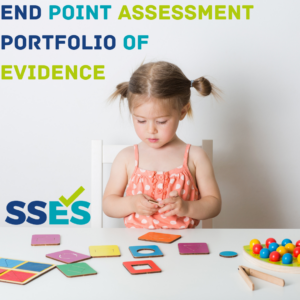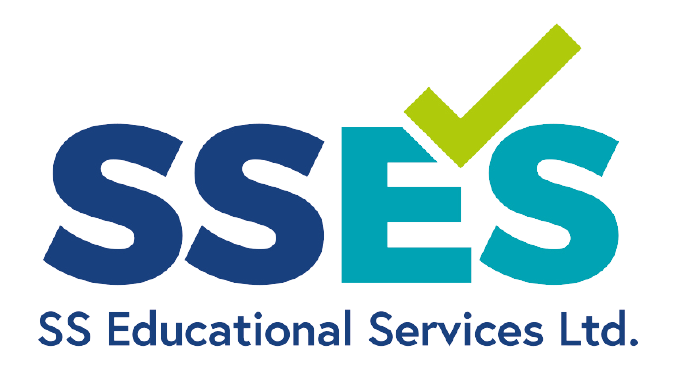Part of the Gateway for the apprenticeship standards is a requirement to produce a portfolio of evidence for the standards we assess, showing the knowledge, skills and behaviours the apprentice has acquired.
Each standard has its own set of requirements and it is essential that the End Point Assessment Organisation ensures both the employer and the training provider are aware of the acceptable evidence. The number of pieces of evidence can vary from standard to standard. Even within the same suite of standards there are differences. For example, in the Early Years Practitioner Level 2 standard, the apprentice can use witness testimonies as evidence. However, in the Level 3 Early Years Educator they cannot. Early contact with your EPAO will help ensure that you are sourcing and building a portfolio that will pass Gateway requirements. SS Educational Services mission statement supports this, ‘Focusing on the End is the Key to Success’
Here at SS Educational Services, we have the software you need to upload your evidence as well as the cross-reference documentation to point to where the evidence can be found.
Knowledge – the information, technical detail, and ‘know-how’ that someone needs to have and understand to successfully carry out the duties. Some knowledge will be occupation-specific, whereas some may be more generic
The knowledge evidence can usually be found within assignments, examinations, and other forms of written work produced by the apprentice.
Skills – the practical application of knowledge needed to successfully undertake the duties. They are learnt through on- and/or off-the-job training or experience.
With the skills requirement this is usually evidenced within the workplace. The Apprentice may use witness testimonies, reflections, and professional development review meeting notes.
Behaviours – mindsets, attitudes or approaches needed for competence. Whilst these can be innate or instinctive, they can also be learnt. Behaviours tend to be very transferable. They may be more similar across occupations than knowledge and skills. For example, team worker, adaptable and professional.
Although most apprentices can readily find evidence to support their knowledge and skills gained the third area, behaviours, can sometimes be slightly more difficult to evidence.
Descriptions taken from the Institute for Apprenticeships and Technical Education.


